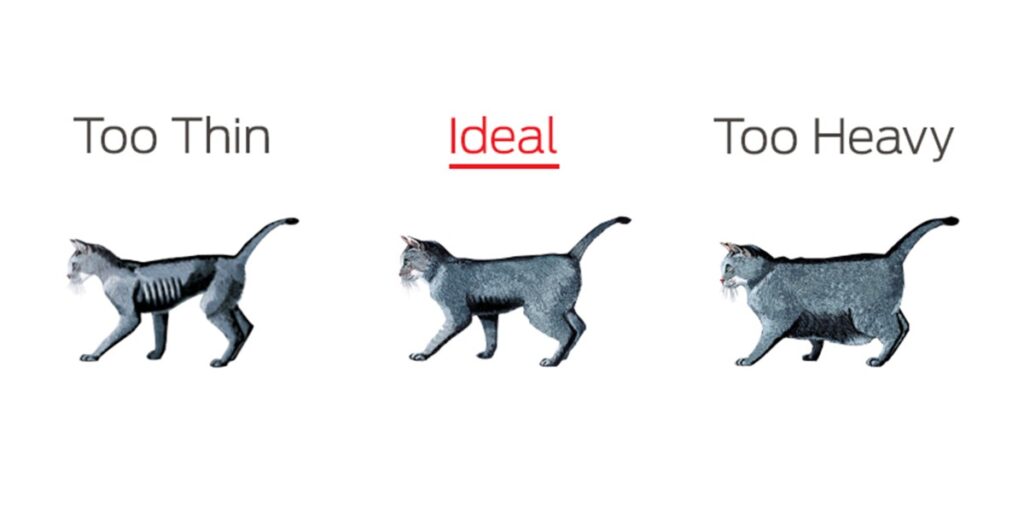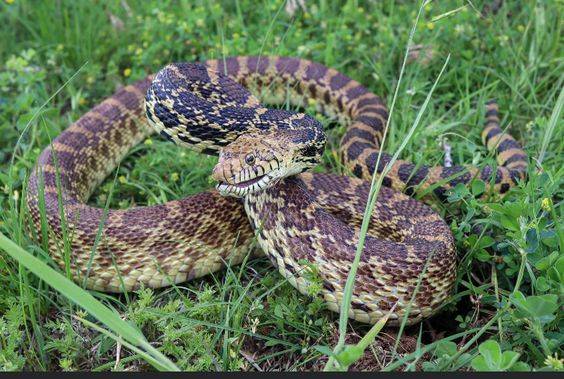Welcome to Your Pet Diary, where we delve deep into the world of pet care to ensure your furry companions live their best lives. In this complete guide, we’ll explore the intricacies of managing a dog pancreatitis diet. Pancreatitis is a serious condition that affects dogs, and dietary management plays a crucial role in their treatment and recovery. We’ll discuss the causes, symptoms, diagnosis, and most importantly, the dietary strategies to alleviate symptoms and promote healing.
What is the Dog Pancreatitis Diet
Pancreatitis in dogs entails inflammation of the pancreas, which is tasked with producing both digestive enzymes and insulin. When the pancreas becomes inflamed, it releases these enzymes prematurely, causing damage to pancreatic tissue and surrounding organs. The condition can range from mild to severe and requires prompt veterinary attention.
Causes of Dog Pancreatitis Diet
Several factors can contribute to the development of dog pancreatitis diet, including:
Diet: High-fat diets, table scraps, and sudden dietary changes can trigger pancreatitis episodes.
Obesity: Obesity increases the likelihood of pancreatitis in dogs, as overweight dogs are more prone to developing this condition.
Genetics: Certain breeds, such as Miniature Schnauzers and Cocker Spaniels, are predisposed to dog pancreatitis diet.
Medications: Some medications, including certain antibiotics and corticosteroids, may increase the risk of pancreatitis.
Other Conditions: Underlying health issues such as diabetes mellitus, hypothyroidism, and hyperlipidemia can predispose dogs to pancreatitis.
Symptoms of Pancreatitis in Dogs: Recognizing the signs of pancreatitis is crucial for early intervention. Common symptoms include:
Abdominal pain
Vomiting
Diarrhea
Loss of appetite
Lethargy
Dehydration
Fever
Diagnosis of Pancreatitis in Dogs:
Diagnosing pancreatitis in dogs typically involves a combination of physical examination, blood tests, imaging studies (such as ultrasound), and sometimes, pancreatic biopsy. Your veterinarian will assess your dog’s clinical signs, medical history, and diagnostic test results to confirm the diagnosis and determine the severity of the condition.
Importance of Dietary Management:
Dietary management plays a pivotal role in managing dog pancreatitis diet. A carefully formulated diet can help reduce inflammation, alleviate symptoms, prevent complications, and support pancreatic healing. Here’s what you need to know about designing a pancreatitis-friendly diet for your furry friend:
Low-Fat Diet:
One of the cornerstones of pancreatitis management is feeding a low-fat diet. Excessive dietary fat can exacerbate pancreatic inflammation and trigger pancreatitis episodes. Opt for commercial dog foods labeled as “low-fat” or “digestive care,” with fat content typically less than 10-15%.
Highly Digestible Ingredients:
Choose dog foods with highly digestible ingredients to reduce the workload on the pancreas. Easily digestible proteins, such as chicken, turkey, and fish, are preferred over fatty meats. Avoid feeding raw or greasy foods, as they can be difficult to digest and may aggravate pancreatitis.
Balanced Nutrition:
Ensure your dog’s pancreatitis diet is nutritionally balanced to meet their dietary requirements. Look for dog foods that are formulated to provide complete and balanced nutrition, including essential vitamins, minerals, and amino acids. Avoid supplements unless recommended by your veterinarian, as some may contain ingredients that can worsen pancreatitis.
Small and Frequent Meals:
Divide your dog’s daily food intake into several small meals throughout the day. Feeding smaller, more frequent meals can help prevent overloading the pancreas and minimize digestive disturbances. Avoid fasting or sudden dietary changes, as they can trigger pancreatitis flare-ups.
Prescription Diets:
In severe cases of pancreatitis or dogs with recurrent episodes, your veterinarian may recommend prescription diets specifically formulated for pancreatic health. These diets are designed to be highly digestible, low in fat, and may contain added nutrients to support pancreatic function and overall health.
Monitor Your Dog’s Response:
Keep a close eye on your dog’s response to the diet changes. Monitor their appetite, stool quality, energy levels, and any signs of gastrointestinal distress. If you notice any adverse reactions or worsening of symptoms, consult your veterinarian for further guidance.
Hydration:
Ensure that your dog always has continuous access to fresh, clean water. Proper hydration is essential for a dog’s pancreatitis diet, especially if they’re experiencing vomiting or diarrhea. Monitor your dog’s water intake and contact your veterinarian if you notice signs of dehydration.
Sample Dog Pancreatitis Diet Plan :
Here’s a sample diet plan for dogs with pancreatitis:
Meal 1:
Cooked, skinless chicken breast (shredded) – 1/2 cup
Cooked white rice – 1/2 cup
Steamed green beans – 1/4 cup
Meal 2:
Low-fat, canned dog food (dog prescription diet) – 1/2 can
Boiled sweet potato (mashed) – 1/4 cup
Meal 3:
Cooked turkey breast (diced) – 1/2 cup
Cooked quinoa – 1/2 cup
Steamed carrots – 1/4 cup
Meal 4:
Low-fat cottage cheese – 1/4 cup
Cooked pumpkin (pureed) – 1/4 cup
Boiled broccoli – 1/4 cup
Note: Adjust portion sizes according to your dog’s size, weight, and individual dietary needs. Seek advice from your veterinarian regarding tailored dietary suggestions.
Lastly managing pancreatitis in dogs requires a multifaceted approach, with dietary management playing a central role. By feeding a low-fat, highly digestible diet, you can help alleviate symptoms, support pancreatic healing, and improve your dog’s quality of life. Remember to consult your veterinarian for guidance on designing a pancreatitis-friendly diet tailored to your dog’s specific needs. With proper care and nutrition, your furry friend can lead a happy, healthy life despite pancreatitis.
At Your Pet Diary, we’re dedicated to providing valuable insights and resources to help you care for your beloved pets. Stay tuned for more informative articles on pet health, nutrition, behavior, and wellness. Your pet’s well-being is our priority!







